“The greatest education in the world is watching the masters at work.” With this monthly column, we aim to interview Endodontists and Restorative Dentists from different parts of the world. In this edition, we interview Dr. Richard Walton, DMD, MS — renowned endodontist, a long-time educator, researcher, and author, who has taught at the University of Connecticut and the Medical College of Georgia. He currently serves as professor emeritus of endodontics at the University of Iowa College of Dentistry and was chair of the department for 13 years.
Dr Walton, it’s a pleasure to have the opportunity to chat with you. Your journey in the field of Endodontics is truly remarkable. Let’s dive into some questions that I’m sure will offer our readers insights into your expertise and experiences.
Can you share with us your journey into the field of endodontics? What inspired you to specialise in this particular area of dentistry?
My endodontic education in dental school was minimal. I became a military hospital “endodontic” referral person in a general residency programme. I had to self-teach, which very much captured my interest. I applied for postgraduate training and was accepted at the University of Illinois, which also gave me the opportunity to receive a Master’s Degree in Histology. I selected an academic career, which was perfect for me.
Reflecting on your career, how has Endodontic education evolved since you first began teaching, and what changes do you foresee in the future?
I launched my career in 1970 at the University of Connecticut. I was just out of my programme and was the only endodontist at that institution. My postgraduate programme was not strong, so my self-teaching continued. At that time, endodontics did not have a strong research-evidence base. My research was very much oriented towards advancing our specialty through evidence. It has evolved considerably over the decades. Unfortunately, in my opinion, it has emphasised technology to the determinant of biology. I see more of that in the future.
You’ve contributed extensively to Endodontic textbooks. How do you approach updating these resources, especially with the rapid advancements in technology and techniques?
My textbook, Endodontics: Principles and Practice, co-edited with Dr Torbinejad, was written for undergraduate students. It was first published in 1989 and is now in its 7th printing. It has been very successful. I am no longer an editor. I have written many other chapters in textbooks, always oriented towards an evidence-based approach. Much of the recent technology seems to have an emphasis on marketing. Marketing prioritises profit over providing the best in patient care.
Who have been some of your chief mentors or influences throughout your career? How have they shaped your approach to Endodontics?
My first influence was Dr John Ingle, who encouraged me towards a dental career. I learned pulp biology from Dr Kaare Langeland. My Master’s mentor was Dr Eisenmann, an anatomist. Dr Maury Massler was a recognised educator. There have been too many others to mention.
You’ve been recognised for your contributions to education, including an endowed professorship in your name. What teaching strategies have you found most effective in training the next generation of Endodontists?
A complicated answer. My most important teaching objective was knowing I had important information to present to my students. A major technique was to make the material primarily student-based learning, rather than teacher-based. I used the Socratic Approach as much as possible. I challenged the students to problem-solve, rather than telling them what to learn and what to do. Studies have shown this to be most effective.
What challenges do you think Endodontists will face in the coming years, particularly regarding patient expectations and advancements in diagnostic tools?
I am not a person who speculates about the future of endodontics or dentistry in general. There will be continual evolution. I suspect that artificial intelligence will play a more significant role.
What advice would you give to aspiring Endodontists who are just starting their careers?
Most important is to continually read, obtain continuing education, and become Board Certified. Stay current and practise accordingly.
As someone involved in both clinical practice and academia, how do you think dental schools can better prepare students for the realities of clinical Endodontics?
Concentrate on teaching students what is most important in general practice, and that is diagnosis and knowing the appropriate treatment plans. Limit their endodontic practice to their knowledge base and refer what is beyond their level of training. There are too many failures because of incorrect diagnosis and, therefore, errors in treatment.
What motivates you the most in your daily work as an Endodontist? Could you share a memorable patient experience that reaffirmed your passion for this field?
I am most motivated by discovering and implementing teaching opportunities. Differential diagnosis, in particular, is often a challenging dilemma. I cannot recall a specific patient, but there have been many who have presented with signs and symptoms that mimicked endodontic pathosis. The problem was not endodontic.
Could you discuss any recent trends or research in Endodontics that you find particularly promising for the future of the field?
Situations that may be resolved without performing total root canal treatment. Vital pulp therapy and regeneration are two.
Which rotary file systems are your trusted companions? In general, what is your protocol for bio-mechanical preparation of root canals?
My rotary preference is in the past, as I discontinued patient care several years ago. I am intrigued by the GentleWave-type approach. This requires more clinical usage and outcomes research.
We know that family plays such an important role in shaping who we are, even in our professional journeys. If you’re comfortable, could you share a little about your family and how they’ve influenced or supported your work?
My ancestors, including my parents, were focused and hard-working people with high aspirations and achievements. I inherited and adopted many of those traits. My wife is not only my marriage partner, but she has assisted me greatly in my academic pursuits. She supplies motivation and has performed many secretarial and administrative tasks through the years. My children are high achievers and are a source of considerable pride to me.
Top 3 journal recommendations in Endodontics?
• Journal of Endodontics
• Journal of Evidence-Based Dentistry
• International Endodontic Journal
Top 3 book recommendations in Endodontics?
•Endodontics: Principles and Practice (I first authored the original editions).
•Ingle’s Endodontics (I contributed chapters).
•Seltzer and Bender’s Dental Pulp.
If you could deliver one message to Endodontists around the world, what would it be? How do you envision the future of Endodontics evolving?
The welfare and health of our patients always take precedence. I cannot predict the future.
Topics:
Tags:
This month, Dental Tribune South Asia features an exclusive interview with Dr. Anil Kishen, a globally renowned endodontist and professor with expertise in ...
Dr. Shaul Lin, DMD is a distinguished expert in Endodontics and Dental Trauma, serving as Chairman of the Endodontics and Dental Trauma Department at the ...
In this candid interview, Prof. Paul Abbott, a specialist Endodontist, currently the Winthrop Professor of Clinical Dentistry at The University of Western ...
Dr Giampiero Rossi-Fedele is currently a professor in endodontics at the University of Adelaide, South Australia, and since 2014 the course convener for the...
The Conceptual Hybrid Flare (CHF) technique is a novel technique developed to revolutionize the cleaning and shaping of root canals making the endodontic ...
To make the wait for ROOTS SUMMIT 2024 a little sweeter, the organisers would like to spotlight some of the speakers for next year’s edition, which will ...
As cancer treatments evolve, clinicians of all disciplines must also adapt their approaches to medical and dental treatments in order to best compensate for...
I start my editorial journey today as the editor of Endodontics & Biomimetic Dentistry with two topics in mind:
The exploration of biomimetic ...
Registration for ROOTS SUMMIT 2024 is open, and the organisers would like to introduce some of the great speakers and their lecture topics for next year’s...
Live webinar
Tue. 24 February 2026
11:30 pm IST (New Delhi)
Prof. Dr. Markus B. Hürzeler
Live webinar
Wed. 25 February 2026
1:30 am IST (New Delhi)
Prof. Dr. Marcel A. Wainwright DDS, PhD
Live webinar
Wed. 25 February 2026
9:30 pm IST (New Delhi)
Prof. Dr. Daniel Edelhoff
Live webinar
Wed. 25 February 2026
11:30 pm IST (New Delhi)
Live webinar
Thu. 26 February 2026
6:30 am IST (New Delhi)
Live webinar
Tue. 3 March 2026
9:30 pm IST (New Delhi)
Dr. Omar Lugo Cirujano Maxilofacial
Live webinar
Wed. 4 March 2026
6:30 am IST (New Delhi)
Dr. Vasiliki Maseli DDS, MS, EdM



 Austria / Österreich
Austria / Österreich
 Bosnia and Herzegovina / Босна и Херцеговина
Bosnia and Herzegovina / Босна и Херцеговина
 Bulgaria / България
Bulgaria / България
 Croatia / Hrvatska
Croatia / Hrvatska
 Czech Republic & Slovakia / Česká republika & Slovensko
Czech Republic & Slovakia / Česká republika & Slovensko
 France / France
France / France
 Germany / Deutschland
Germany / Deutschland
 Greece / ΕΛΛΑΔΑ
Greece / ΕΛΛΑΔΑ
 Hungary / Hungary
Hungary / Hungary
 Italy / Italia
Italy / Italia
 Netherlands / Nederland
Netherlands / Nederland
 Nordic / Nordic
Nordic / Nordic
 Poland / Polska
Poland / Polska
 Portugal / Portugal
Portugal / Portugal
 Romania & Moldova / România & Moldova
Romania & Moldova / România & Moldova
 Slovenia / Slovenija
Slovenia / Slovenija
 Serbia & Montenegro / Србија и Црна Гора
Serbia & Montenegro / Србија и Црна Гора
 Spain / España
Spain / España
 Switzerland / Schweiz
Switzerland / Schweiz
 Turkey / Türkiye
Turkey / Türkiye
 UK & Ireland / UK & Ireland
UK & Ireland / UK & Ireland
 International / International
International / International
 Brazil / Brasil
Brazil / Brasil
 Canada / Canada
Canada / Canada
 Latin America / Latinoamérica
Latin America / Latinoamérica
 USA / USA
USA / USA
 China / 中国
China / 中国
 Pakistan / Pākistān
Pakistan / Pākistān
 Vietnam / Việt Nam
Vietnam / Việt Nam
 ASEAN / ASEAN
ASEAN / ASEAN
 Israel / מְדִינַת יִשְׂרָאֵל
Israel / מְדִינַת יִשְׂרָאֵל
 Algeria, Morocco & Tunisia / الجزائر والمغرب وتونس
Algeria, Morocco & Tunisia / الجزائر والمغرب وتونس
 Middle East / Middle East
Middle East / Middle East
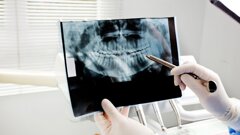
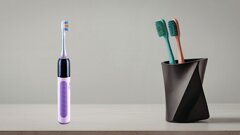
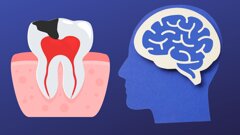

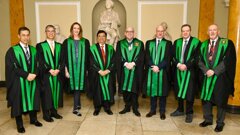

























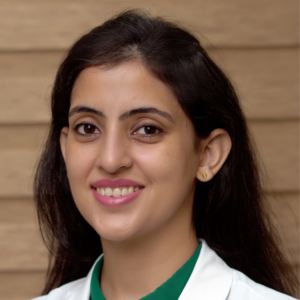
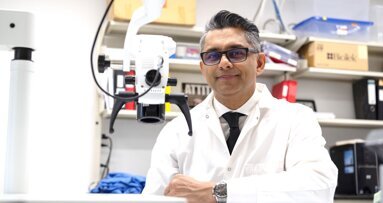
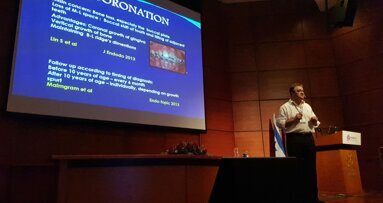
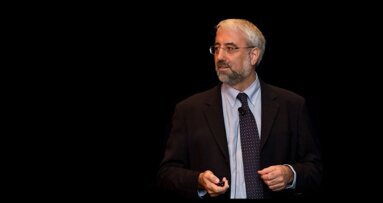

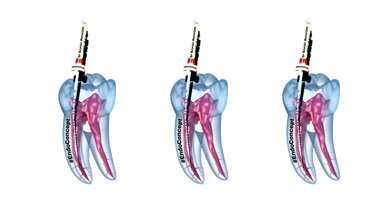
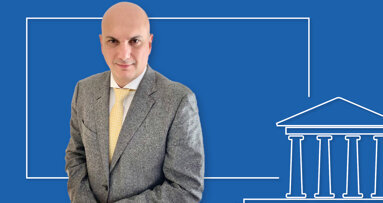

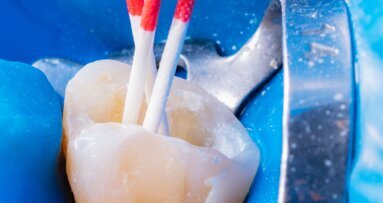
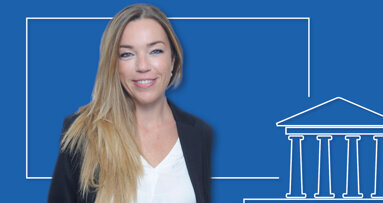
















To post a reply please login or register